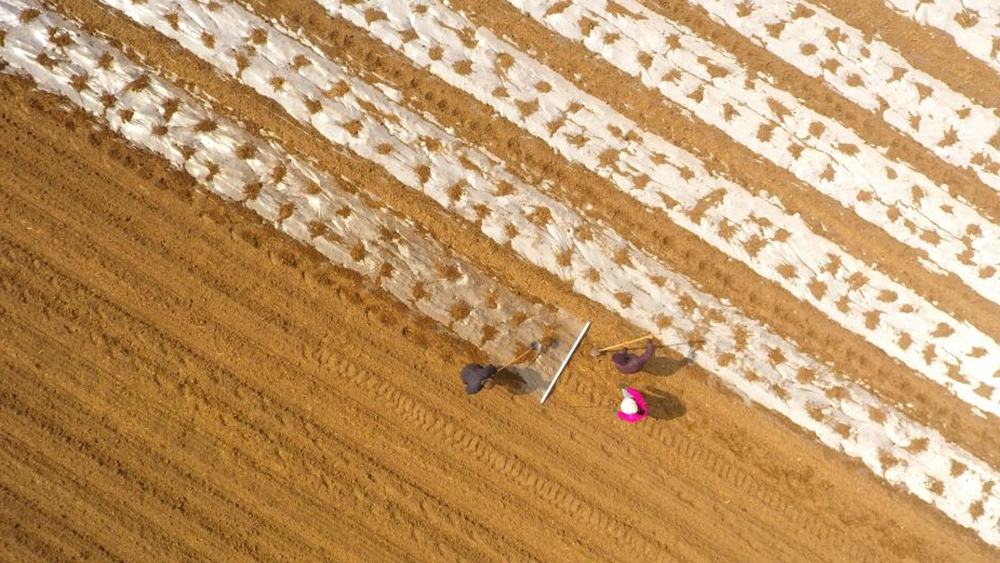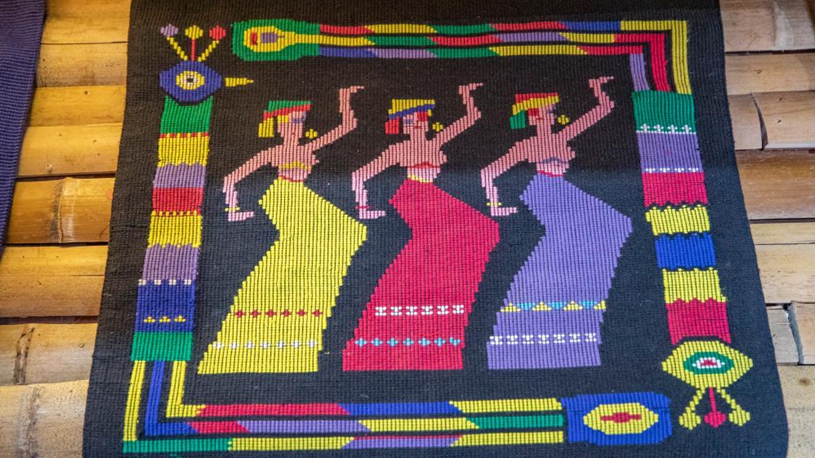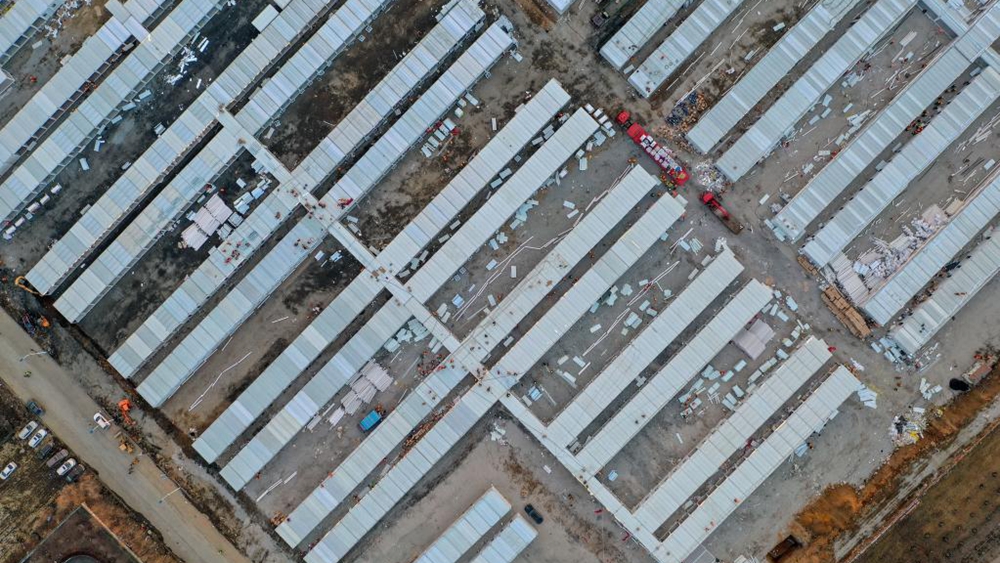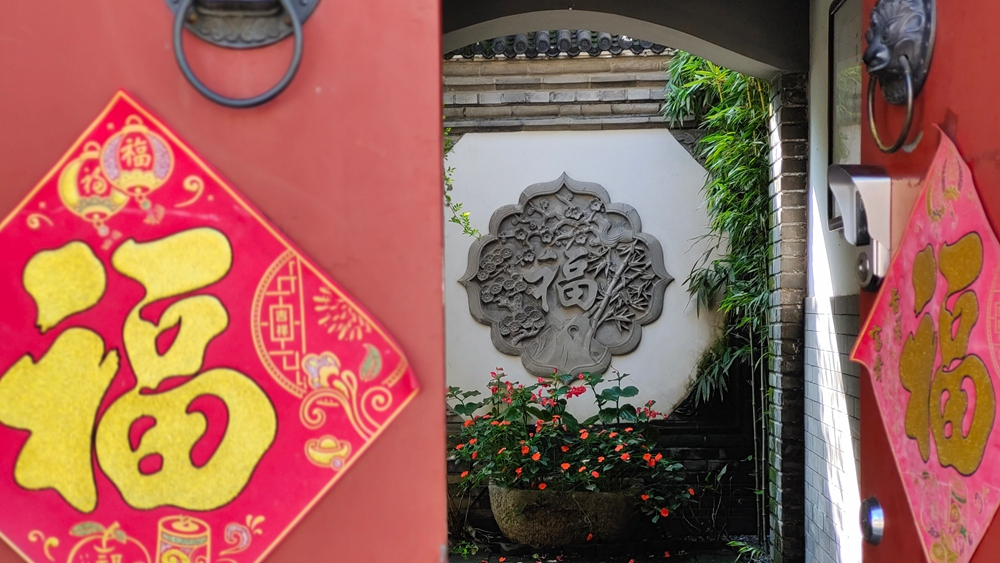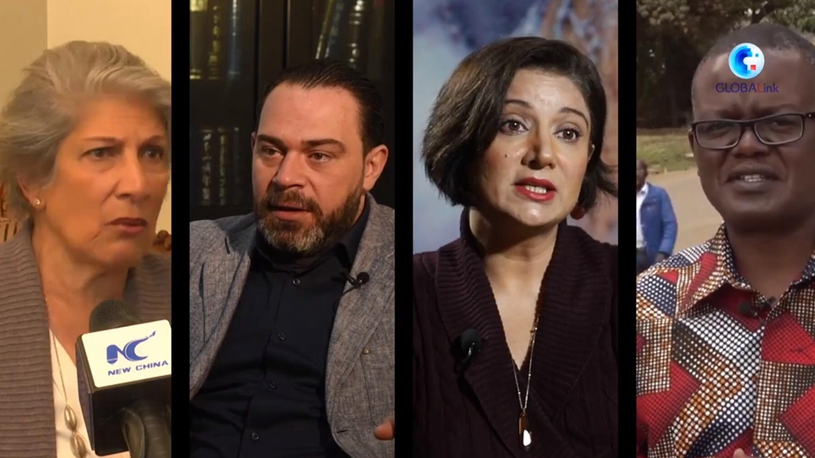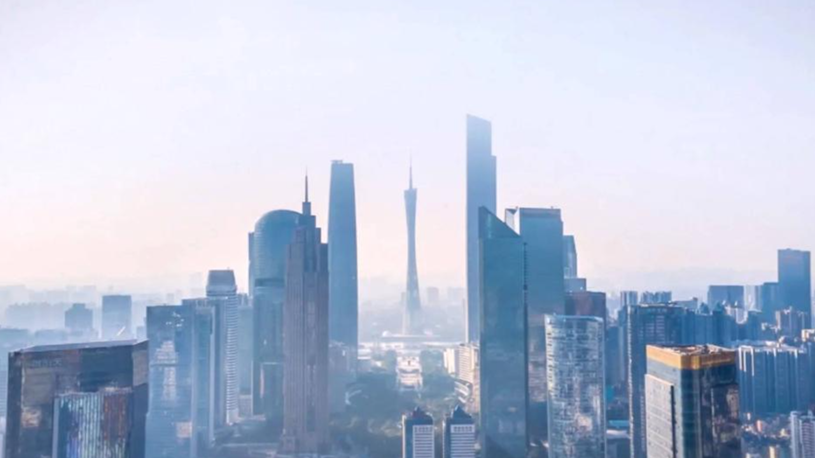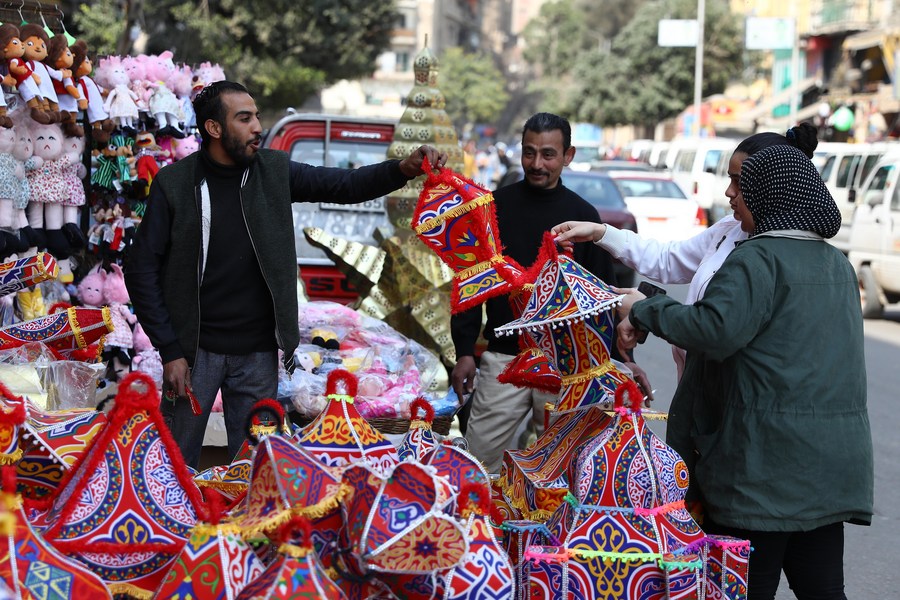
People buy lanterns ahead of the holy month of Ramadan at a market in Cairo, Egypt, on March 18, 2022. (Xinhua/Ahmed Gomaa)
The fair will continue until the end of the month, with the purpose of easing the consequences of rising prices for citizens, especially in light of the global influence of the ongoing Russian-Ukrainian conflict.
by Mahmoud Fouly
CAIRO, March 25 (Xinhua) -- Crowds of Egyptians thronged to an exhibition center in Cairo to buy food commodities with discounts offered at a huge expo sponsored by the government to ease price hikes a few days ahead of the Muslim holy month of Ramadan.
Signs reading "Welcome Ramadan" in Arabic and posters showing traditional Ramadan lanterns are seen at the entrance of the food commodity fair with dozens of booths selling cooking oil, rice, pasta, meat, chicken, vegetables, fruits, nuts, and other commodities that Egyptians usually consume in large amounts during Ramadan.

A boy poses for a photo at a lantern market in Cairo, Egypt, April 11, 2021. (Xinhua/Wang Dongzhen)
The fair was inaugurated by Egyptian Prime Minister Mostafa Madbouly on March 24 and will continue until the end of the month, with the purpose of easing the consequences of rising prices for citizens, especially in the light of the global influence of the ongoing Russian-Ukrainian conflict.
People of all ages, especially housewives, are seen everywhere in the one-week expo, shopping for what they need in their kitchens and refrigerators during the holy month that begins in early April.
"The fair combines all necessary food products of all manufacturers in one place with very nice prices compared to those elsewhere. It's really a very important expo," said Egyptian housewife Salwa Fekry, as she held a shopping cart filled with packs of butter, margarine, pasta and rice, and bottles of cooking oil.
With eye-catchy price tags, flyers, and posters to appeal to the shoppers, the fair looked like a competition between the booths of well-known foodstuff manufacturers in Egypt offering a large variety of their products with luring discounts.
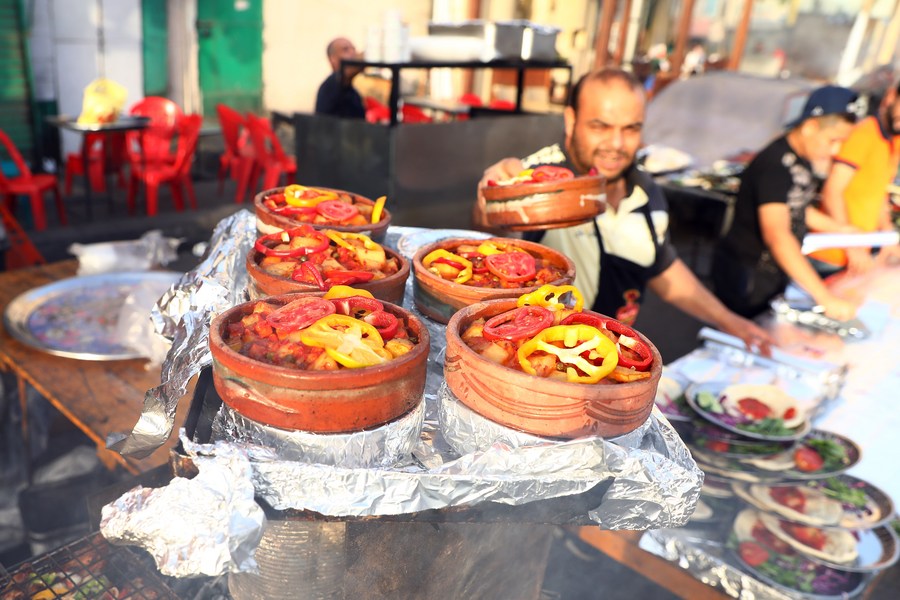
A man prepares iftar during the Islamic holy month of Ramadan in Cairo, Egypt, on May 2, 2021. (Xinhua/Ahmed Gomaa)
Salespeople said the turnout of visitors on the first day of the fair was very high, expecting larger turnouts in the coming few days with the countdown ticking for Ramadan.
"The turnout is very good and the sales are much better compared to previous years. It helps ease price hikes because the products are sold at lower prices, so it's a good opportunity to bring some joy to the people ahead of the holy month of Ramadan," Hesham Anas, a marketing assistant manager at one of the booths, told Xinhua.
Mohamed El-Sheikh, who had got his shopping cart stacked with boxes and packs of different food commodities in a little while, said shopping for Ramadan necessities itself brings joy to his heart.
"The prices are luring, so everyone is buying a lot of things here. But it's not just about prices. These kinds of expos gather Egyptian people and make them happy amid the atmosphere and spirit of the advent of Ramadan," the 72-year-old man told Xinhua.
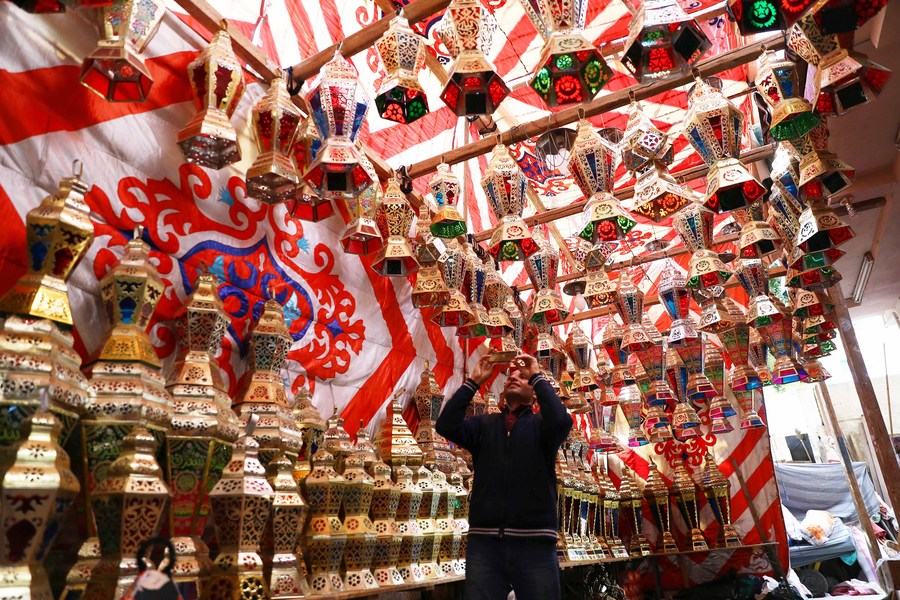
A man takes photos of lanterns ahead of the holy month of Ramadan at a market in Cairo, Egypt, on March 18, 2022. (Xinhua/Ahmed Gomaa)
The Welcome Ramadan fair, which is held annually in Cairo over the past few years, is supervised by the government in cooperation with the Federation of Egyptian Chambers of Commerce.
"The fair is held on an area of 12,000 square meters with more than 165 companies offering their commodities at affordable prices," Madbouly said in remarks following his inauguration of the fair.
"I reviewed the prices myself and made sure there're very large discounts," the Egyptian prime minister added.
Although the fair lasts only one week in Cairo, there will be about 8,000 stalls nationwide selling the same low-price food commodities during Ramadan and even for a while after the holy month to help the citizens facing increasing prices, according to the Egyptian prime minister.
There are also similar initiatives held by the Egyptian army and the Egyptian interior ministry that sell low-price food commodities to citizens in street mobile and fixed kiosks across the country to help reduce the burdens of price hikes. ■

